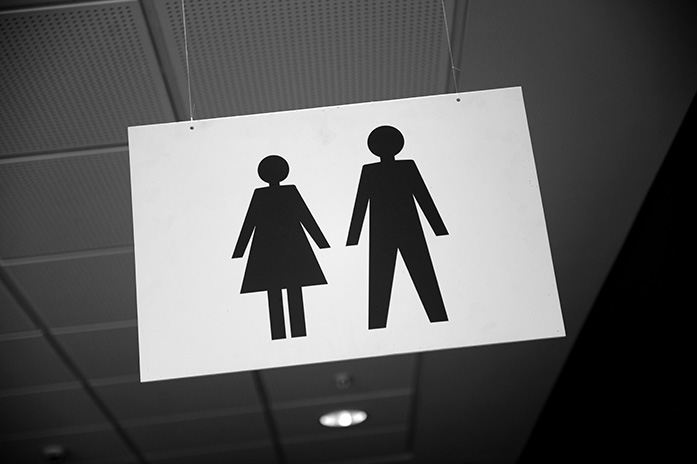by Wylliam Smith
Gender equality is a prominently discussed topic in the media nowadays, especially because of events such as the Women’s March. Gender norms force people into gender stereotypes, such as women being expected to have long hair and wear feminine clothes. However, it seems that the negative effects that gender norms have on males is often forgotten.
Of course, this is because throughout history, women have always been portrayed as beneath men. This made women fight for an equal footing in a society that has viewed them as the weaker sex.
However, acknowledging this doesn’t mean that men do not also feel the negative effects of gender norms. For men, they come with their own stereotypes and expectations.
This is an age of controversy. I understand that this topic is very sensitive, but I urge readers to keep an open mind, because this is something that needs to be addressed.
I acknowledge the wage gap between sexes and the general view society has toward women; I simply am saying that the problem is not one-sided.
For instance, the expectation that men are dominant can also hurt them. When men don’t fit into this demographic, they are seen as weak, incapable, or unmanly. When men who don’t fit this stereotype are bashed or criticized for being weak, it is often seen as a joke and not taken seriously.
The media have always overly sexualized women, but thankfully, now there are campaigns to stop this. They preach that every body type is beautiful, and people who disagree with this are generally shut down. Society often forgets, however, that men are also highly sexualized. I recently saw an Axe advertisement that showed an obese man using Axe. As he sprayed Axe over his body, he transformed into a lean, muscular man. The ad bragged that this was the Axe effect.
No one blinked an eye when this was done, but if the genders were reversed you can bet that there’d be an uproar. This ad is a blatant example of a certain male body type and body image being better than another.
On top of this, I can’t even begin to count how many times I’ve heard women say they won’t date a man unless he’s 6 feet tall, which once again is stating that one male body type is more attractive than another.
The ideal male body type is typically perceived as tough, tall, lean, dominant, and muscular. Men who don’t fit this description are seen as unattractive, something that is not challenged as much as it is for the opposite sex.
The instance that has stuck with me the most was when a friend of mine came to me hurt because a woman he was pursuing laughed at him when he told her he was uncomfortable with his body. She told him “to suck it up and stop being a baby.”
What shocked me was this same woman had told me continually she struggled with accepting her appearance, so I found her being hypocritical. The sad reality of it is, when people bring up gender equality, they mostly brush over these topics. Yes, they will be mentioned, but the main focus is usually topics like empowering women and what the terms of consent are, etc.
While these are topics that definitely need to be addressed, it is also important to teach guys that they don’t have to be tough all the time, that it’s OK to have feelings.
Again, I am not arguing the fact that women are looked down on in today’s society. I am, however, saying that gender norms affect both sexes, and that the discussion of gender equality should not leave out males.









